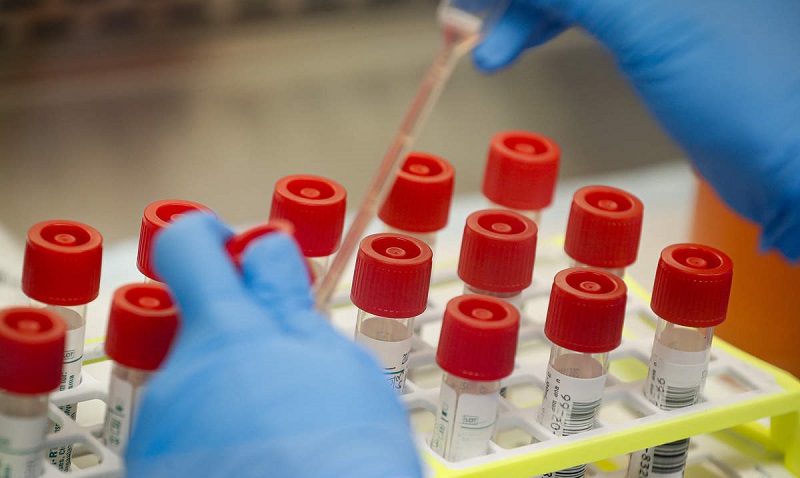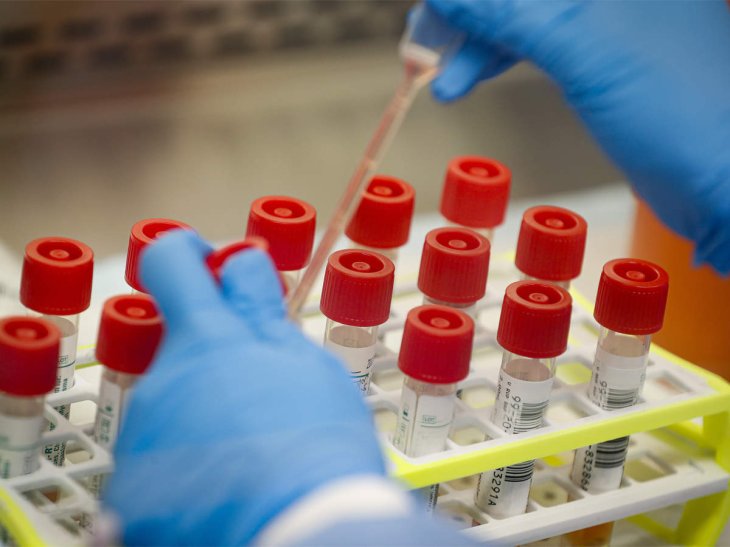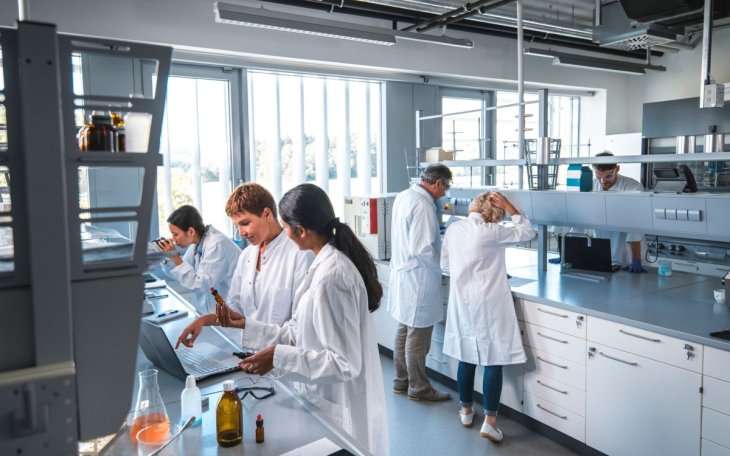Researchers At IIT-Delhi Have Developed Affordable COVID-19 Test
Harin - Mar 24, 2020

Researchers at IIT-Delhi have developed a new method to test COVID-19 which can lower the test cost significantly, making it more accessible.
- This Man's Super-Antibody Can Be Diluted 10,000 Times But Still Works Against COVID-19
- These Indian Cities Are Under Lockdown Again In 2021
- India To Review Covishield Vaccine After Report Of Blood Clots Following Vaccination
As the COVID-19 outbreak is spreading around the world, researchers are racing to develop a vaccine to counter the virus.
While the government is taking all the necessary measures to tackle the virus, Indian researchers are also putting their efforts into finding a cure.
Besides finding a vaccine, testing for the virus is also one of the greatest challenges as the number of confirmed cases keeps rising every day.
Now, researchers at IIT-Delhi have developed a new method to test COVID-19 which can lower the test cost significantly, making it accessible for large sections.

The test is being validated on clinical samples by the National Institute of Virology.
Kusuma School of Biological Sciences’ researchers have developed a probe-free detection assay. At the Institute’s research labs, researchers have optimized and tested the assay for sensitivity. The team states that the development of local kits is extremely needed considering the pandemic scale.
On March 21, it is recommended by the Central Government that private laboratories shouldn’t charge their COVID-19 test more than Rs 4,500.

Private labs that have NABL authorization for real-time PCR SA for RNA virus are allowed to conduct tests for COVID-19, as stated in the guidelines of the Indian Council of Medical Research for COVID-19 testing in private labs.
The IIT team claims that their test will be much cheaper, thus will be more accessible to the general public. The team’s lead member, Professor Vivekanandan Perumal, said:

The test method from IIT researchers is “probe-free” which lowers the testing cost but doesn’t compromise the accuracy of the results.
>>> French Researchers Tested Drug Combo To Treat Covid-19; US President Trump Calls It Game Changer
Featured Stories

Features - Jan 29, 2026
Permanently Deleting Your Instagram Account: A Complete Step-by-Step Tutorial

Features - Jul 01, 2025
What Are The Fastest Passenger Vehicles Ever Created?

Features - Jun 25, 2025
Japan Hydrogen Breakthrough: Scientists Crack the Clean Energy Code with...

ICT News - Jun 25, 2025
AI Intimidation Tactics: CEOs Turn Flawed Technology Into Employee Fear Machine

Review - Jun 25, 2025
Windows 11 Problems: Is Microsoft's "Best" OS Actually Getting Worse?

Features - Jun 22, 2025
Telegram Founder Pavel Durov Plans to Split $14 Billion Fortune Among 106 Children

ICT News - Jun 22, 2025
Neuralink Telepathy Chip Enables Quadriplegic Rob Greiner to Control Games with...

Features - Jun 21, 2025
This Over $100 Bottle Has Nothing But Fresh Air Inside

Features - Jun 18, 2025
Best Mobile VPN Apps for Gaming 2025: Complete Guide

Features - Jun 18, 2025
A Math Formula Tells Us How Long Everything Will Live
Read more

Mobile- Feb 17, 2026
Anticipating the Samsung Galaxy S26 and S26+: Key Rumors and Specs
The Samsung Galaxy S26 series is on the horizon, sparking excitement among tech enthusiasts.

ICT News- Feb 18, 2026
Google's Project Toscana: Elevating Pixel Face Unlock to Rival Apple's Face ID
As the smartphone landscape evolves, Google's push toward superior face unlock technology underscores its ambition to close the gap with Apple in user security and convenience.

ICT News- Feb 19, 2026
Escalating Costs for NVIDIA RTX 50 Series GPUs: RTX 5090 Tops $5,000, RTX 5060 Ti Closes in on RTX 5070 Pricing
As the RTX 50 series continues to push boundaries in gaming and AI, these price trends raise questions about accessibility for average gamers.
Comments
Sort by Newest | Popular